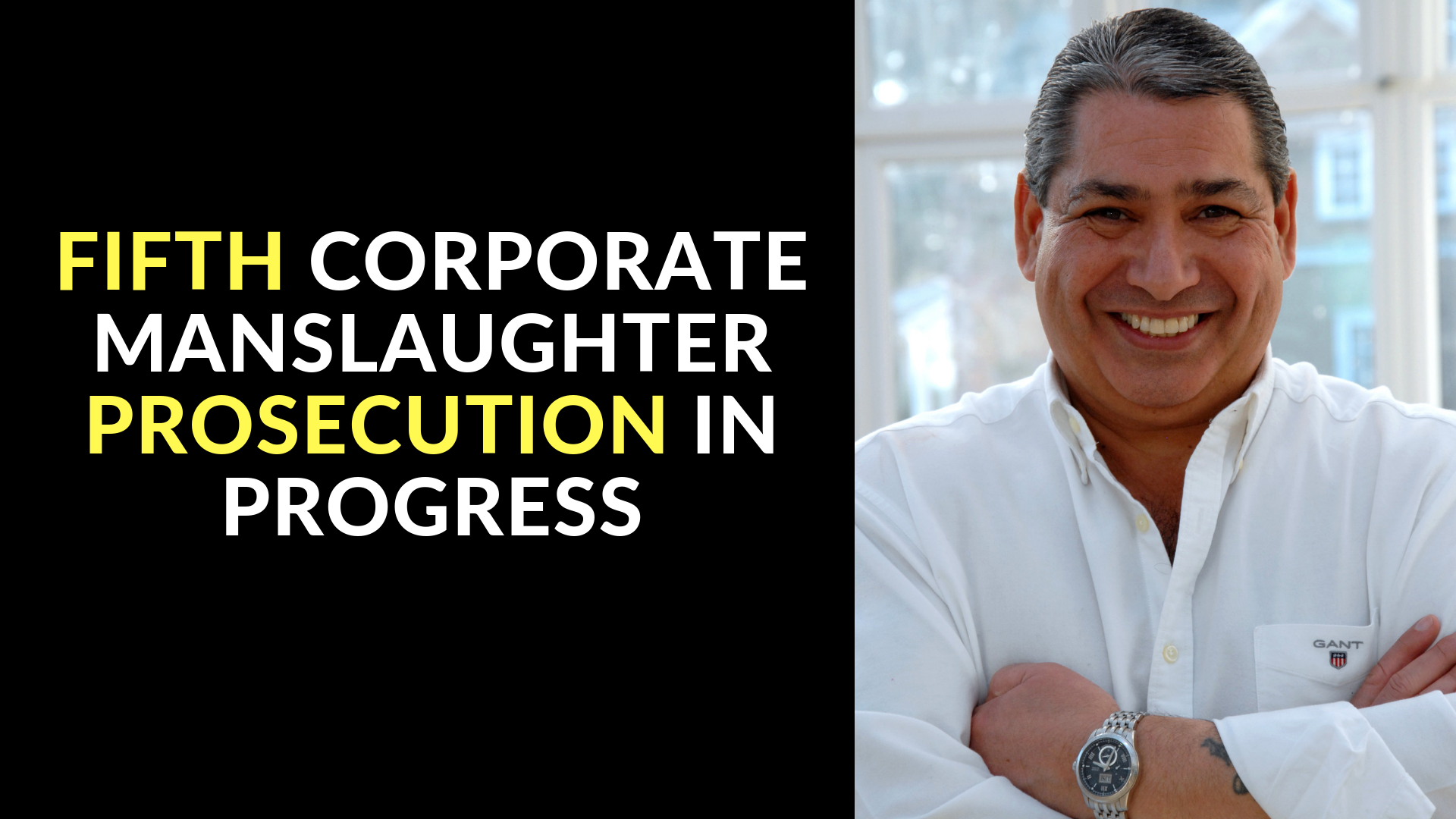As reported on the 21st February 2013
The manager of a coal mine in South Wales where four men died after it flooded has been charged with gross negligence manslaughter, the Crown Prosecution Service has announced.
This is the fifth prosecution to be brought under the Corporate Manslaughter and Corporate Homicide Act 2007 since the legislation was introduced and the manager of the mine, Malcolm Fyfield, is also facing charges on four counts of Gross Negligence Manslaughter.
Malcolm Fyfield, 57, is accused over the deaths at the Gleision mine, in the Swansea valley, in September 2011. MNS Mining Limited, which owned the mine, has been summonsed to face four charges of corporate manslaughter.
The Crown Prosecution Service has alleged that the way in which the activities at the site were managed by the senior management resulted in the company’s failure to ensure a safe system of work, and it is alleged that this failure amounts to a gross breach of a duty of care owed by the company to the miners which ultimately caused the deaths of the four workers. Malcolm McHaffie, deputy head of special crime at the CPS, said: “The deaths of four miners at the Gleision coalmine in September 2011 devastated the local Welsh mining community”.
He went on to say: “We have concluded there is sufficient evidence for a realistic prospect of conviction and that it is in the public interest to charge mine manager Malcolm Fyfield with four counts of gross negligence manslaughter”.
Fyfield was employed as mine manager by MNS Mining Ltd and it is alleged that he caused the deaths of four miners by mining into old, flooded mine workings in breach of health and safety regulations. In doing so the prosecution alleges he was grossly negligent.
Prior to this, another company in Norfolk become the subject of the fourth prosecution under the Corporate Manslaughter and Corporate Homicide Act 2007.
The organisation has been charged with corporate manslaughter following the death of a twenty-six-year-old worker, Grzegorz Pieton, who died from an electric shock whilst working for Belmont Nursery when the metal hydraulic trailer he was towing touched an overhead power line at its Belmont Nursery site in July 2010.
The organisation, PS & JE Ward Ltd, faces charges of corporate manslaughter and also of breaching Section 2(1) of the Health and Safety at Work etc. Act 1974, for failing to ensure the safety of its employees.
work.

